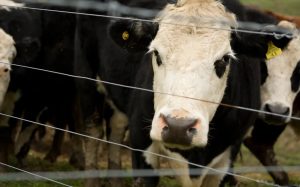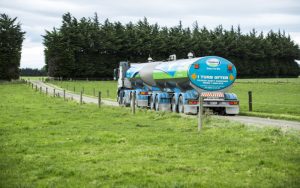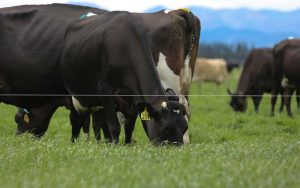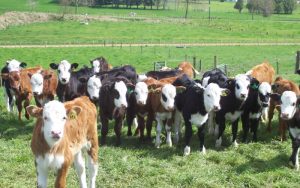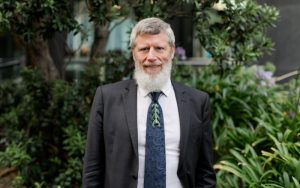
The industry organisation’s chair, Jim van der Poel, says the Government’s emissions pricing proposal threatens the viability of farming businesses and rural communities, and is not acceptable for farmers.
“DairyNZ is committed to securing a fair pricing system for farmers and we would like to see the Government revert to the He Waka Eke Noa recommendations put forward in May,” said Mr van der Poel.
“He Waka Eke Noa was designed as a whole farm system approach to reduce emissions, meet targets and give fair recognition and reward for planting farmers have done on their farms.
“We believe the Government’s significant and unnecessary changes have undermined farmer confidence in the process and needlessly put the finely balanced cross-sector consensus at risk,” said Mr van der Poel.
“The Government’s suggestion it has given the sector what we asked for – with ‘small tweaks’ – is incorrect. The changes are significant and cut to the very core of the He Waka Eke Noa partnership.
“Changes to the way price will be set and limiting the recognition farmers can get for planting has thrown the proposal off-kilter. We want an enduring system and that means we need to get back to a place that works for everyone.”
DairyNZ stands firmly behind the sector’s original He Waka Eke Noa proposal that was co-designed in good faith, with the Government sitting around the table. It sets out an equitable, effective and credible plan to reduce emissions while protecting the viability of farming in New Zealand.
“Farmers are rightly worried this will have significant implications for them and their businesses, towns and communities,” said Mr van der Poel. “It makes no sense to penalise Kiwi farmers, only to see an increase in global emissions.
“We must reduce our emissions, but we can’t drive blindly toward targets at all costs. We have to remember why we’re doing this in the first place. The Paris Agreement is about reducing global emissions, not just New Zealand’s.”
Farmers have until 18 November to feed back on the Government’s proposal.
DairyNZ is holding events nationwide until 14 November to discuss concerns, and the next steps, with dairy farmers. Visit dairynz.co.nz/proposal to register.
Further information
There are seven key differences in the Government’s proposal – what are they?
- The farmer voice in governance and price setting has been removed.
- There’s a significant reduction in recognition and reward for planting on farms.
- Pricing is only set with consideration for reaching targets.
- It collects more money than is necessary for reinvestment.
- There is no ability for farmers to form collectives to report and reduce emissions.
- There is no decision on pricing fertiliser at the farm level.
- It introduces a processor-level backstop if implementation is delayed.
Why does DairyNZ support the He Waka Eke Noa proposal?
- It’s a balanced and practical system that all sectors can support.
- It will reduce emissions and meet targets.
- The price isn’t driven by methane reduction targets alone.
- It looks to minimise losses in production to limit emission leakage.
- There’s fair recognition and reward for planting farmers have done on farms.
- Farmers have a seat at the table so their voice can be heard.
- Farmers can form collectives to report and reduce emissions.
- It is a whole-farm system approach that will work for farmers.
Media contact
Justine McLeary
Senior media specialist
p 027 808 0673
e Justine.McLeary@dairynz.co.nz








